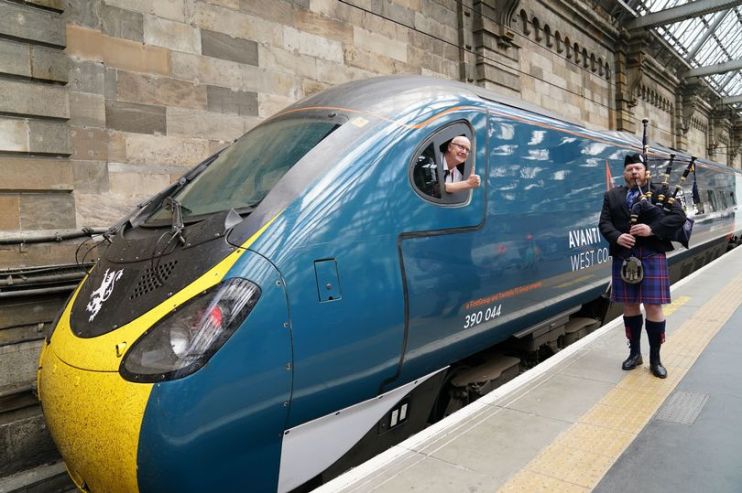Avanti West Coast woes give train privatisation a bad name

It is tempting to place the blame for the rail chaos gripping the country firmly at the feet of Mick Lynch and his twitter-friendly pals at the top of the unions, and it is true that much of it does indeed lie there. But on one particular line the operator should take their fair share of the blame, too.
For those unfamiliar with Avanti West Coast, which operates services from Euston to all points north west, they may perhaps be best introduced by the incident last week in which station staff at Oxenholme in the Lake District locked up before the last, heavily delayed, Avanti train arrived – cue passengers being forced to climb the fence to escape.
It is only the latest embarrassment to befall a train operator which at this point barely deserves the name. Just a few weeks ago, the company announced that it would be slashing weekday services and banned customers from buying tickets more than a few days in advance due to staffing issues. Upon initial inspection, it appeared Avanti had fallen victim to industrial unrest, like many other companies. A further look however reveals a complete lack of planning, organisation, and basic competence.
In short, the current staffing issues are a result of staff no longer volunteering to work on their ‘rest days,’ unsurprising given the industrial climate. As it turns out, Avanti don’t fully roster their staff across the week to offer a full service – relying on staff putting their hand up on a voluntary basis to run around 400 trains a week. Avanti sources are keen to point out that they do have a seven-day rota, it just doesn’t have enough people to run a full service: the equivalent of a restaurant hoping a chef might put their hand up on a Friday to volunteer to cook the Sunday roast. In simple terms, Avanti is 100 drivers short and doesn’t appear from the outside to have made efforts to fix this.
Cock-ups such as that at Avanti give privatisation a bad name. The Department for Transport should be holding the firm’s bosses feet to the fire – and hand the franchise to another operator if they can’t get the trains to run on time.